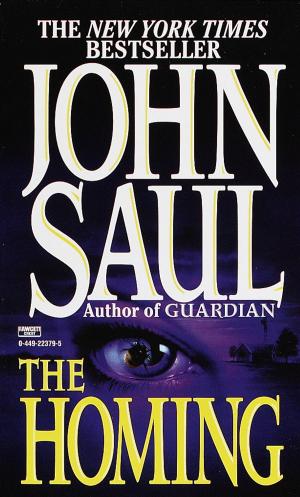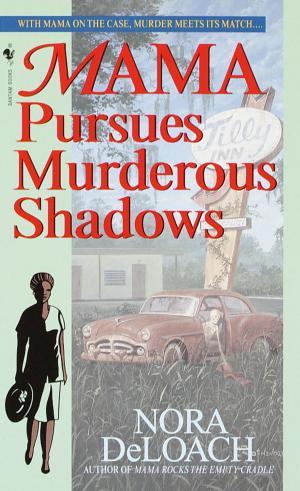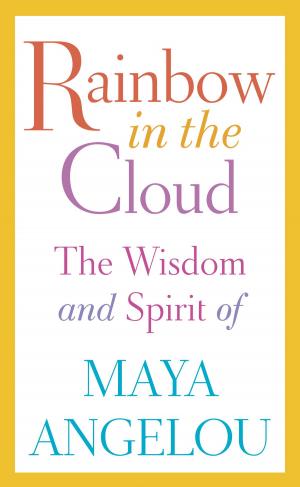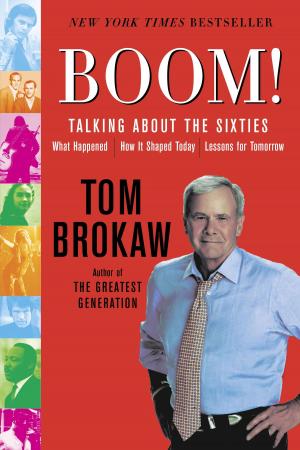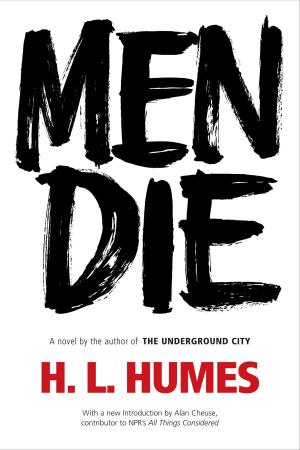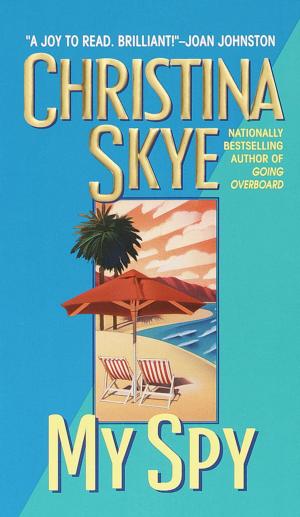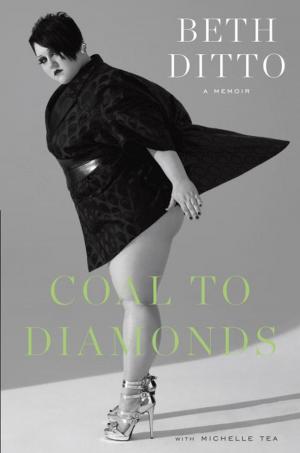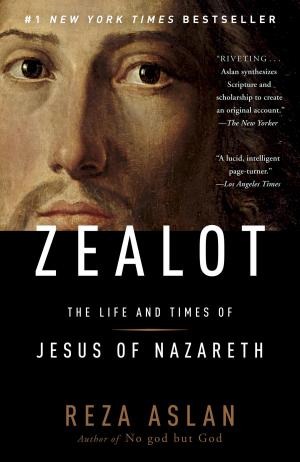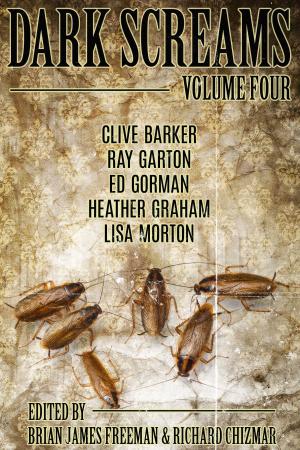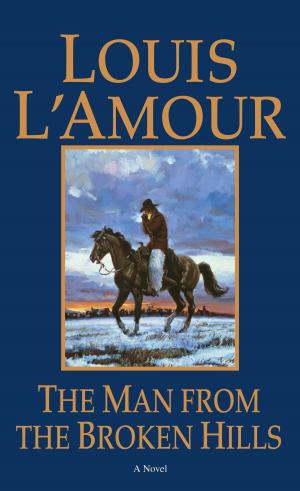The Day the Earth Caved In
An American Mining Tragedy
Nonfiction, Health & Well Being, Psychology, Interpersonal Relations, Social & Cultural Studies, Social Science, Sociology| Author: | Joan Quigley | ISBN: | 9781588366153 |
| Publisher: | Random House Publishing Group | Publication: | April 3, 2007 |
| Imprint: | Random House | Language: | English |
| Author: | Joan Quigley |
| ISBN: | 9781588366153 |
| Publisher: | Random House Publishing Group |
| Publication: | April 3, 2007 |
| Imprint: | Random House |
| Language: | English |
The Day the Earth Caved In is an unprecedented and riveting account of the nation’s worst mine fire, beginning on Valentine’s Day, 1981, when twelve-year-old Todd Domboski plunged through the earth in his grandmother’s backyard in Centralia, Pennsylvania. In astonishing detail, award-winning journalist Joan Quigley, the granddaughter of Centralia miners, ushers readers into the dramatic world of the underground blaze——from the media circus and back-room deal-making spawned in the wake of Todd’s sudden disappearance, to the inner lives of every day Centralians who fought a government that wouldn’t listen.
Drawing on interviews with key participants and exclusive new research, Quigley paints unforgettable portraits of Centralia and its residents, from Tom Larkin, the short-order cook and ex-hippie who rallied the activists, to Helen Womer, a bank teller who galvanized the opposition, denying the fire’s existence even as toxic fumes invaded her home. Here, too, we see the failures of major
political and government figures, from Centralia’s congressman, “Dapper” Dan Flood, a former actor who later resigned in the wake of corruption allegations, to James Watt, a former lawyer-lobbyist for the mining industry, who became President Reagan’s controversial interior secretary.
Like Jonathan Harr’s A Civil Action, The Day the Earth Caved In is a seminal investigationof individual rights, corporate privilege, and governmental indifference to the powerless. Exposing facts in prose that reads like fiction, Quigley shows us what happens to a small community when disaster strikes, and what it means to call someplace home.
Praise for The Day the Earth Caved In:
"Her scene-by-scene narrative reads like fiction but inspires outrage in the muckraking tradition of Lincoln Steffens and Rachel Carson.”
—The New York Times
"[A]s a piece of explanatory journalism, The Day The Earth Caved In shines."
—Washington Post Book World
“It is quite a story.”
—The Wall Street Journal
“First rate research and journalism combing to tell a sad, often infuriating tale.” — Kirkus Reviews (starred)
“ Quigley’s riveting account of the nation’s most devastating mine fire will change the way you think about so-called natural disasters, and the emotions we attach to the places we call home. This is an extraordinary book.” — Sean Wilentz, author of The Rise of American Democracy
“Quigley’s taleis a real-life epic of brutally indifferent government, greedy corporations and the unlikely heroes who fight for their basic human rights. It's all here; made in America. You'll feel enraged to know the truth of what happened in our mountains and proud of your fellow Americans who took on Goliath."
— John Passacantando, Executive Director, Greenpeace USA
“If you can imagine a book that combines the gritty dignity of How Green Was My Valley with the muckraking of Silent Spring, then you have some sense of this deeply affecting work.”
— Samuel G. Freedman, author of Upon This Rock
“Joan Quigley, the granddaughter of coal miners, has combined meticulous reporting and personal passion to bring us this important book — one that illuminates an underground blaze that many corporate and government officials sought to smother and conceal.”
— Gay Talese, author of A Writer’s Life
The Day the Earth Caved In is an unprecedented and riveting account of the nation’s worst mine fire, beginning on Valentine’s Day, 1981, when twelve-year-old Todd Domboski plunged through the earth in his grandmother’s backyard in Centralia, Pennsylvania. In astonishing detail, award-winning journalist Joan Quigley, the granddaughter of Centralia miners, ushers readers into the dramatic world of the underground blaze——from the media circus and back-room deal-making spawned in the wake of Todd’s sudden disappearance, to the inner lives of every day Centralians who fought a government that wouldn’t listen.
Drawing on interviews with key participants and exclusive new research, Quigley paints unforgettable portraits of Centralia and its residents, from Tom Larkin, the short-order cook and ex-hippie who rallied the activists, to Helen Womer, a bank teller who galvanized the opposition, denying the fire’s existence even as toxic fumes invaded her home. Here, too, we see the failures of major
political and government figures, from Centralia’s congressman, “Dapper” Dan Flood, a former actor who later resigned in the wake of corruption allegations, to James Watt, a former lawyer-lobbyist for the mining industry, who became President Reagan’s controversial interior secretary.
Like Jonathan Harr’s A Civil Action, The Day the Earth Caved In is a seminal investigationof individual rights, corporate privilege, and governmental indifference to the powerless. Exposing facts in prose that reads like fiction, Quigley shows us what happens to a small community when disaster strikes, and what it means to call someplace home.
Praise for The Day the Earth Caved In:
"Her scene-by-scene narrative reads like fiction but inspires outrage in the muckraking tradition of Lincoln Steffens and Rachel Carson.”
—The New York Times
"[A]s a piece of explanatory journalism, The Day The Earth Caved In shines."
—Washington Post Book World
“It is quite a story.”
—The Wall Street Journal
“First rate research and journalism combing to tell a sad, often infuriating tale.” — Kirkus Reviews (starred)
“ Quigley’s riveting account of the nation’s most devastating mine fire will change the way you think about so-called natural disasters, and the emotions we attach to the places we call home. This is an extraordinary book.” — Sean Wilentz, author of The Rise of American Democracy
“Quigley’s taleis a real-life epic of brutally indifferent government, greedy corporations and the unlikely heroes who fight for their basic human rights. It's all here; made in America. You'll feel enraged to know the truth of what happened in our mountains and proud of your fellow Americans who took on Goliath."
— John Passacantando, Executive Director, Greenpeace USA
“If you can imagine a book that combines the gritty dignity of How Green Was My Valley with the muckraking of Silent Spring, then you have some sense of this deeply affecting work.”
— Samuel G. Freedman, author of Upon This Rock
“Joan Quigley, the granddaughter of coal miners, has combined meticulous reporting and personal passion to bring us this important book — one that illuminates an underground blaze that many corporate and government officials sought to smother and conceal.”
— Gay Talese, author of A Writer’s Life

